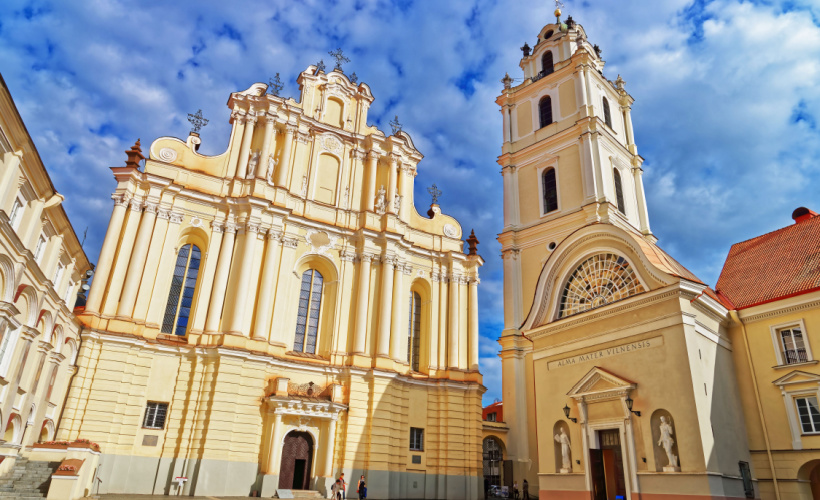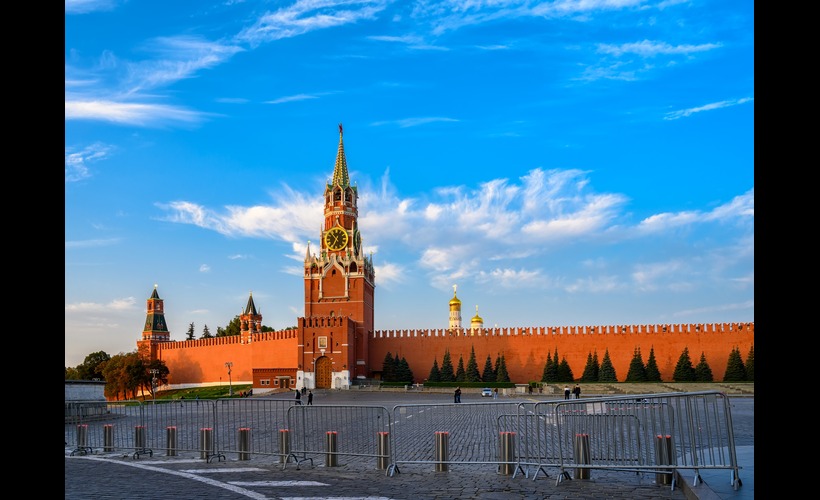Chair: Dr. Donatas Kupčiūnas, Research Associate at the Centre for Geopolitics
The International Dimension of the Spanish Civil War (1936–1939) and Latvia
Ginta Ieva Bikše (University of Latvia)
At the beginning of the Spanish Civil War, Latvia, as most of other European countries, joined the Non-Intervention Agreement proposed by France and participated in the Non-Intervention Committee. The author of the doctoral thesis aspires to focus on a broad perspective starting from the official response from the Latvian government to the conflict, relations with Spain, reaction to the Spanish Civil War in Latvian press (controlled by the regime), including reportages sent by Latvian press correspondents in Spain, the aims and participation of Latvia in the Non-Intervention Committee, its supervision scheme of Spain’s frontiers and coasts, to the failure of the non-intervention policy – the issue of arms smuggling, the participation of Latvian volunteers in the conflict, activities in the underground press and the collection of donations in Latvia to aid the Spanish Republic. Furthermore, the attitude of Latvian authorities towards Latvian volunteers is analysed by looking into their situation after the conflict and internment in French camps. The aspects mentioned above are analysed and compared with international and even transnational (f. e. transnational resistance) aspects of the conflict.
An Old Home in a New: Remembrance of the Post-Second World War Expulsions in Public Spaces
Douglas Ong Say Howe (Universität Greifswald)
The expulsion of Kresy Poles to the “Recovered Territories” following the immediate aftermath of the Second World War, represented massive geographical, political and cultural change to Poland, as entire communities are made to be displaced from their traditional homes to what is considered by them to be effectively foreign. Considering its impact, this phenomenon represents one of the many traumatic events established in Polish national history, whose discourse could only be openly discussed following the fall of Polish communism. Using Vratislavian museums as a case study, their representation of this memory, namely Poles from the Lwow region to Wroclaw, will be analysed and examined, as to how they create a national narrative utilised in the formation of a Polish identity.
The Soviet Thaw in Literature. How the “Official” Russian Poetry Told the History
Martina Zagni (Universität Greifswald)
The Soviet Thaw and the Shestidesiatniki, the young authors who began their poetic careers in the Fifties and the Sixties, have been studied and analysed thoroughly from a historical and a literary point of view. However, the focus has often been on the relationships between politics and the literature of dissent, or on what the period of the Thaw historically meant for the Soviet Union. The interest of this research lies in the comparative analysis of the differences between the “official” Russian pre- and post-Stalin poetry, focusing on the work of Evgeny Evtushenko, Andrei Voznesensky, Bella Akhmadulina and Robert Rozhdestvensky, with the intention of enlighten the deep connections that tie ideology, politics and literature in the Soviet Union.
A Baltic Storm in a Teacup? Populist Geopolitics, Security and EKRE’s Tenure in Estonia’s Government, 2019-2021
Eoin Micheál McNamara (University of Tartu and the Finnish Institute of International Affairs)
The Conservative People’s Party of Estonia’s (EKRE) entry to government in 2019 was a disruptive landmark in Estonia’s post-Cold War history. With far-right, populist and nationalist credentials, EKRE’s participation in a three-party coalition seriously concerned Estonia’s liberal and centre-right elements that had led its transition to liberal democracy after the restoration of independence in 1991. Commentators claimed during EKRE’s governmental tenure that Estonia’s progress as an EU and NATO member was being dismantled by the party’s populist geopolitics. Driven by populist-nationalism, EKRE politicians provoked multiple international controversies: insulting partner EU governments; publicly admiring illiberalism in Hungary and Poland; and questioning NATO’s security guarantees. Despite this, EKRE’s governmental experience confirms existing theories of populist foreign policy: populist parties cause many controversies, but ultimately achieve little to restructure foreign policy; damage was limited after EKRE departed government in 2021 and the subsequent Liberal-Centre coalition reemphasised Estonia’s Euro-Atlantic status quo.







